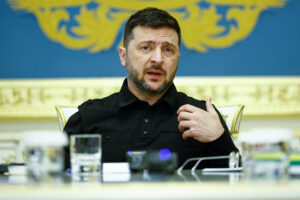
In an evening address, Ukrainian President Volodymyr Zelensky announced that the Ukrainian negotiating team will hold a preparatory meeting tomorrow to agree on the framework for future negotiations and all organizational details, and on Monday, February 2, will travel to the United Arab Emirates to participate in trilateral negotiations scheduled for Wednesday and Thursday of next week.
“There was a report from our negotiating team. An agreement has already been reached on a trilateral meeting at the appropriate level. This meeting will take place next week, as planned, on Wednesday and Thursday. In the Emirates, as last time,” Zelensky emphasized.
Zelensky added that a meeting is scheduled for Monday to agree on the framework for the talks and prepare for the negotiations, and the team will set off on Monday evening.
“Many leaders and different countries are with us in this process, supporting Ukraine, and we are coordinating on a daily basis. In February, we will be quite active in foreign policy, and starting tomorrow, we will have contacts and meetings,” the president said in a statement.
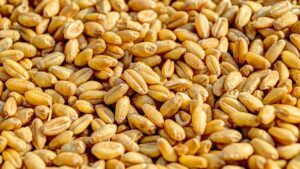
The creation of agri-food hubs as a new format for international cooperation in the field of food security was discussed by Deputy Minister of Economy, Environment and Agriculture Denys Bashlyk and Director General of the DIHAD Sustainable Development Fund of the United Arab Emirates Organisation Khaled Al-Attar, according to the press service of the Ministry of Economy.
“Ukraine is already actively working to expand the Food from Ukraine initiative, namely to create food hubs in African countries. This is not just about exports—it is about building local infrastructure for food storage, processing, and distribution. We want to scale up this approach. Together, we can create a network of modern food hubs that will ensure stable food supplies to the regions that need it most, including the Middle East. This is a contribution to global food security and stability,” Bashlyk said during the talks.
The deputy minister stressed that food security and the construction of food hubs, particularly in the Middle East, could become a new strategic area of cooperation, and expressed confidence that the development of such cooperation would contribute to the formation of a new innovative agroecosystem and the deepening of economic and investment ties between countries.
The parties also focused on developing cooperation between the state and business at the B2B and B2G levels, as well as establishing partnerships between scientific institutions. Practical steps include organizing a Ukrainian pavilion at the DIHAD exhibition in the UAE, as well as holding a thematic round table dedicated to food humanitarian aid issues.
DIHAD Sustainable is a specialized platform and international initiative aimed at promoting sustainable practices in agriculture, food, water, forestry, and natural resource management. It brings together government institutions, international organizations, agribusinesses, scientific institutions, and civil society organizations to share knowledge, best practices, and technologies that promote the sustainable development of agricultural sectors in the context of climate change, economic challenges, and growing environmental safety requirements.

According to Serbian Economist, Naftna industrija Srbije (NIS) is considering the possible sale of a controlling stake (56.15%) to the Russian side of ADNOC from the United Arab Emirates.
According to the publication, there has been no official confirmation from either the Russian side or ADNOC. However, experts believe that the option of selling to an “Arab player” is the most likely and logical. Among other contenders mentioned is the Hungarian MOL Group.
The head of the Serbian parliament’s energy committee, Milun Babic, pointed out that a deal with an Arab investor is preferable to the risk of supply blockages due to sanctions, but he said that the best option would be to transfer management to the Russian side for 20 years. “Selling to the Arabs is a possible option… but it is not ideal,” he said.
Serbian President Aleksandar Vučić, in turn, confirmed that Russia is negotiating the sale of the NIS stake to three investors and that the Serbian side will not be able to exercise its right of first refusal.
If the deal goes through, experts see the following possible consequences for Serbia:
1) increased investment in the modernization of the oil industry, including possible expansion of production and logistics in the region;
2) increased geopolitical independence from Russian assets and reduced risk of sanctions;
3) strengthening of the country’s role as an energy hub in the Balkans.
According to expert Branimir Jovanovic, the new investor could export oil from Serbia and the region or invest in the modernization of the refinery in Pančevo.
Naftna industrija Srbije (NIS) is Serbia’s largest oil and gas company, controlled by Russia’s Gazprom Neft. The company’s authorized capital and strategic importance make it a key element of the country’s energy sector. The transfer of shares will affect Serbia’s future management, investments, and international relations.
Source: https://t.me/relocationrs/1793
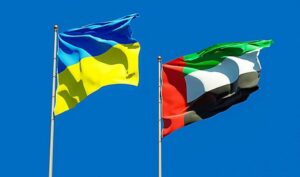
Ukrainians are mostly neutral about the United Arab Emirates (UAE), but among those who have a definite opinion, positive assessments significantly outweigh negative ones. This is evidenced by the results of a sociological study conducted by Active Group in collaboration with the analytical center Experts Club.
According to the survey, 53.7% of respondents took a neutral position on the UAE. At the same time, 38.3% of Ukrainians expressed a positive attitude (7.3% — completely positive, 31.0% — mostly positive). Only 6.3% of respondents had a negative opinion of the country (1.7% — completely negative, 4.7% — mostly negative). Another 1.7% responded that they were not familiar with this country.
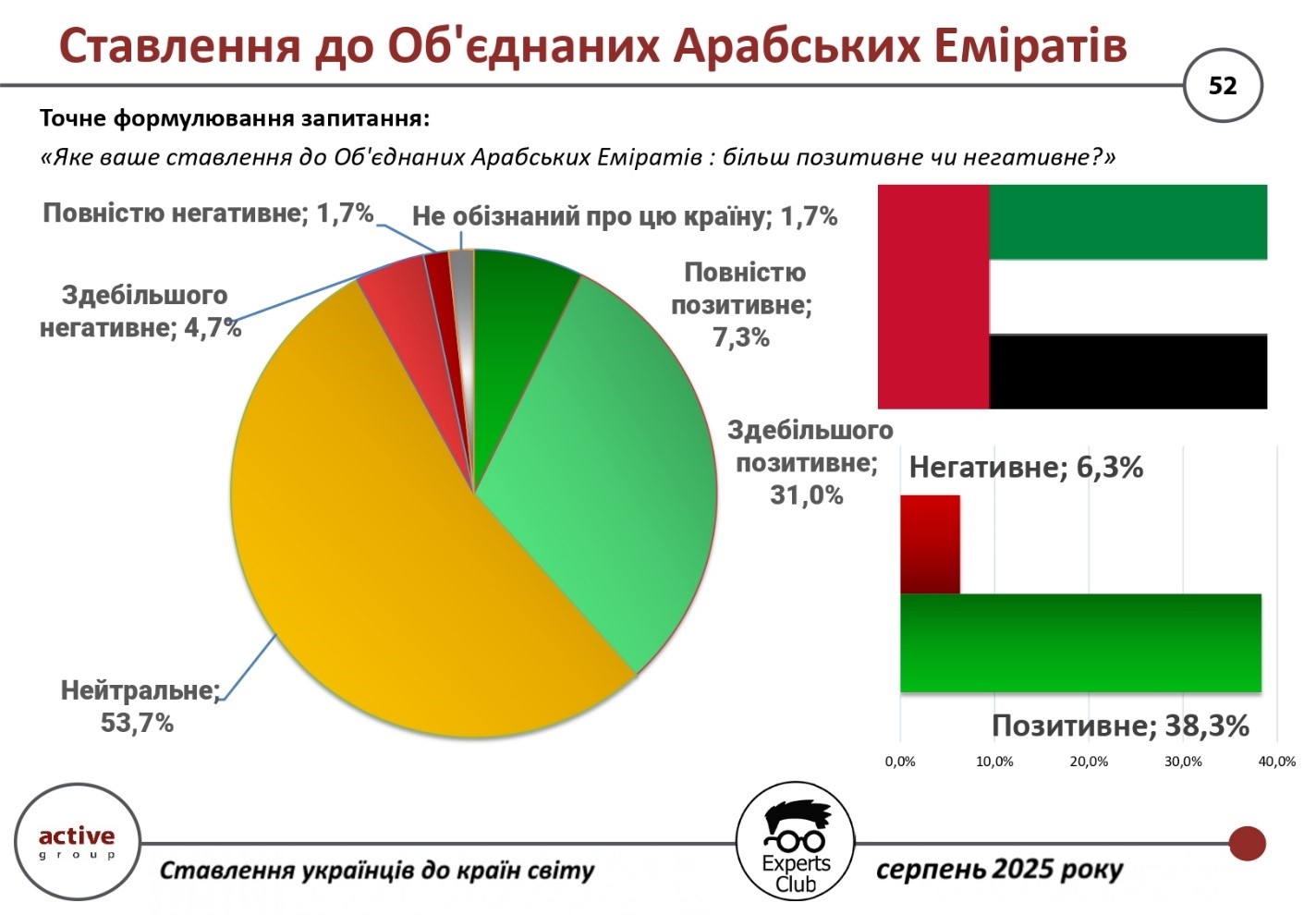
“Ukrainians perceive the UAE as a modern country with a developed economy that attracts tourists and business. Despite the remoteness of the region, the country’s image remains consistently positive,” said Alexander Pozniy, head of Active Group.
In turn, Maksim Urakin, co-founder of Experts Club, emphasized the stability of trade and economic relations between Ukraine and the UAE:
“In January-August 2025, the total trade turnover between the countries amounted to $234.1 million. At the same time, exports from Ukraine to the UAE amounted to $173.2 million, while imports amounted to only $60.9 million. The positive balance for Ukraine reached $112.4 million, which makes cooperation with the Emirates beneficial for our economy.”
Thus, the United Arab Emirates remains a country with a moderately positive image among Ukrainians and demonstrates a stable surplus in trade relations with Ukraine.
The full video can be viewed at: https://www.youtube.com/watch?v=YgC9TPnMoMI&t
You can subscribe to the Experts Club YouTube channel here: https://www.youtube.com/@ExpertsClub
ACTIVE GROUP, EXPERTS CLUB, Pozniy, SOCIOLOGY, TRADE, UAE, UKRAINE, URAKIN

President of Ukraine Volodymyr Zelenskyy signed Decree No. 519/2025 appointing Oleksandr Balanutsa as Ambassador Extraordinary and Plenipotentiary of Ukraine to the United Arab Emirates (UAE) and Permanent Representative to the International Renewable Energy Agency (IRENA), headquartered in Abu Dhabi.
Alexander Balanuța is an experienced diplomat who previously served as Ukraine’s Ambassador Extraordinary and Plenipotentiary to the State of Kuwait. Since 2024, he has also served as Ukraine’s Special Representative for Cooperation with the Arab Countries of the Persian Gulf.
His appointment to the UAE is a logical continuation of his diplomatic mission in the Middle East. Balanuța has been actively working to expand economic, energy, and investment ties between Ukraine and countries in the region, including on attracting investment in Ukraine’s renewable energy sector.
Ukraine and the UAE established diplomatic relations in 1992. The Ukrainian Embassy in Abu Dhabi has been operating since 1993. The Emirates are one of Ukraine’s key partners in the Middle East, especially in the context of trade, high technology, and energy.
The appointment of the new ambassador demonstrates Ukraine’s intention to deepen cooperation with the UAE and international institutions such as IRENA in the context of the global energy transition.
IRENA (International Renewable Energy Agency) is an international agency for renewable energy, founded in 2009, which brings together 169 countries (as of 2025). The organization’s goal is to promote sustainable development and the use of all forms of renewable energy worldwide. The agency’s headquarters are located in Abu Dhabi (UAE). Ukraine has been a full member of IRENA since 2018.
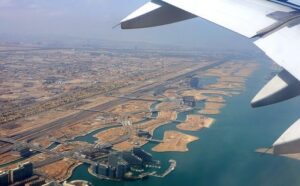
Due to the escalation of the conflict in the Middle East, particularly following US strikes on Iranian targets, the authorities of Qatar, Saudi Arabia, and the UAE have temporarily closed their airspace to civilian aircraft. This has led to widespread flight cancellations and diversions by major international airlines.
Qatar closed its airspace on June 23. About 100 flights to Hamad Airport (Doha) were rerouted via Saudi Arabia and Egypt, which lengthened flight times and increased fuel consumption and operating costs.
The UAE (Dubai and Abu Dhabi) also suspended the arrival and departure of all civilian aircraft, which are forced to turn back before entering the country’s airspace.
The states took preventive measures due to the threat of strikes against American and Western targets in the region. International airlines — Singapore Airlines, British Airways, Air France-KLM, American Airlines, United Airlines, and Air Canada — have suspended or changed their routes to these destinations. Flight routes are now being rerouted via the Caspian Sea and Egypt, which will significantly lengthen flights and increase their cost.
The US Air Force is expected to be active in the skies over the Persian Gulf. US military aircraft will participate in repelling Iranian strikes on American bases and allied facilities in the region. No official announcement has been made yet on how many flights have been canceled, but the situation has already caused serious disruptions to air traffic. For passengers, this means delays, ticket cancellations, and longer routes. The aviation industry is preparing for higher costs and fewer flights through one of the world’s key transit hubs.